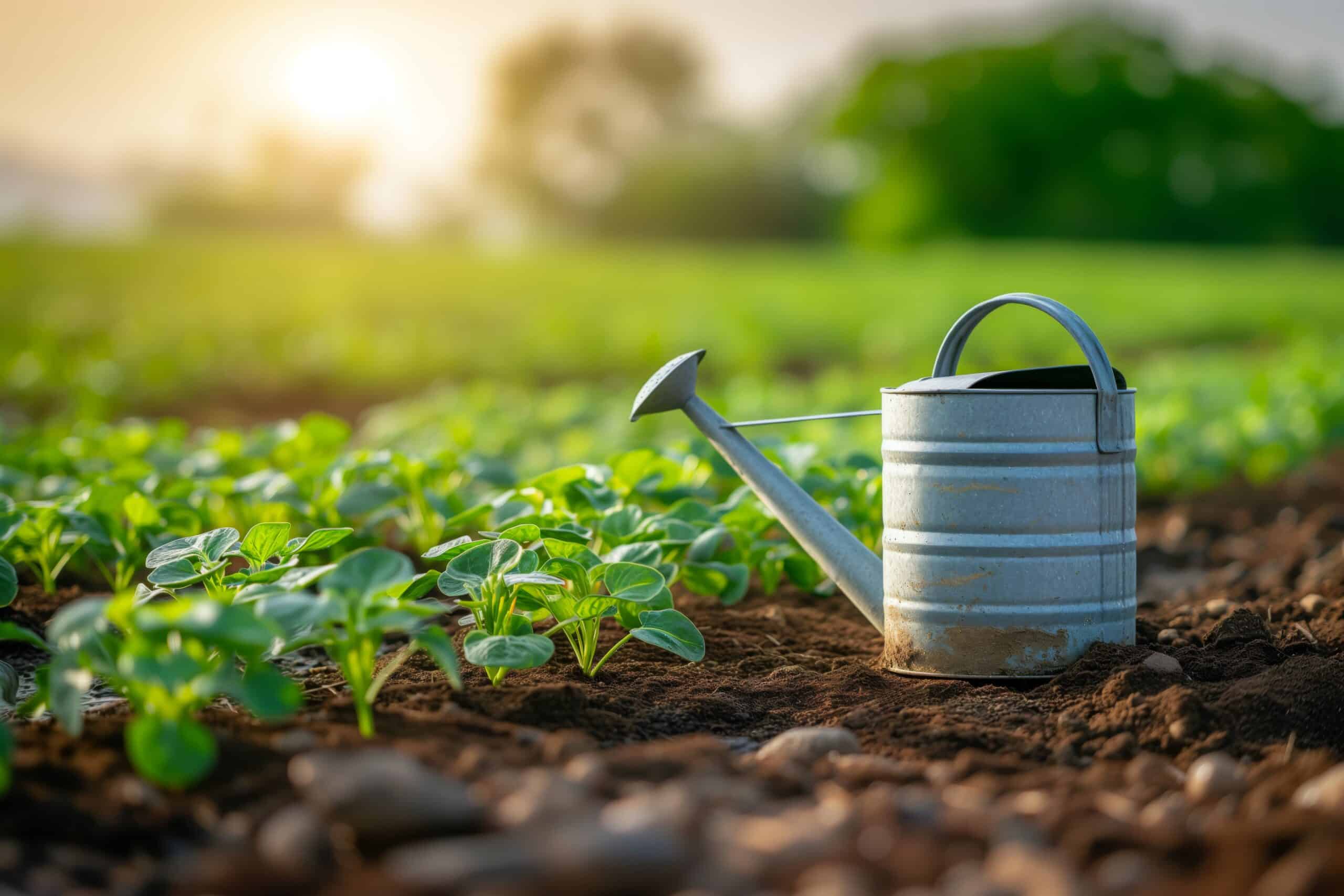What Time of Day Should You Plant Vegetables?
Key Takeaways
- The optimal time to plant vegetables is in the morning because cooler temperatures reduce stress on the plants, the soil is more moist, and the plants can take advantage of the full day’s sunlight for photosynthesis.
- In regions with extremely hot climates, afternoon planting may be preferred to avoid exposing the young plants to scorching temperatures during the peak sunlight hours.
- It is essential to consider your local climate and weather conditions when deciding on the best time to plant vegetables.
When it comes to planting vegetables, there are many factors to consider, such as the right season, climate, and soil conditions. But have you ever wondered what time of day is best for planting your beloved greens? In this article, we will explore the optimal time to plant vegetables and why it matters for their growth and overall success in your garden.
The Importance of Timing
Before we delve into the specifics of the best time of day for planting vegetables, it is crucial to understand the overall significance of timing in gardening. Timing plays a vital role in ensuring proper germination, growth, and productivity of your vegetable plants.
Vegetables have varying temperature preferences and requirements. Some thrive in cooler weather, while others prefer warmer temperatures. By planting your vegetables at the right time, you provide them with the ideal conditions for growth, which can significantly impact their yield and quality.
Morning vs. Afternoon Planting
Now, let’s address the question at hand: should you plant vegetables in the morning or afternoon? The general consensus among gardening experts is that morning is the optimal time for planting.
There are several reasons why morning planting is favored over the afternoon:
- Temperature: Morning temperatures are usually cooler than in the afternoon, which is beneficial for newly planted vegetables. Cooler temperatures reduce stress on the plants and help prevent wilting.
- Moisture: The soil is typically more moist in the morning due to dew or overnight watering. Planting in moist soil provides a favorable environment for seed germination and root development.
- Photosynthesis: Morning planting allows the plants to take advantage of the full day’s sunlight for photosynthesis, which is essential for their growth and energy production.
While morning planting is generally recommended, there are a few exceptions. In regions with extremely hot climates, afternoon planting may be preferred to avoid exposing the young plants to scorching temperatures during the peak sunlight hours.
Consider Your Local Climate
Although morning is considered the ideal time for planting vegetables, it is essential to consider your local climate and weather conditions. Different regions have distinct microclimates and temperature variations that can impact the success of your vegetable garden.
If you live in an area with hot summers or a Mediterranean climate, you may need to adjust the timing of your planting. In these regions, it is advisable to plant in the late afternoon or early evening, when the temperatures are cooler.
Alternatively, if you reside in a colder climate, you might want to wait until later in the morning to allow the soil to warm up slightly. Cold soil can hinder seed germination and slow down the growth of your vegetables.
Additional Considerations
While timing is crucial, there are a few other factors to keep in mind when planting vegetables:
- Soil Moisture: Ensure that the soil is moist but not saturated when planting. Excessively wet soil can lead to poor drainage and root rot.
- Weather Conditions: Avoid planting during heavy rainfall or extreme weather events, as they can damage young plants and disrupt their growth.
- Seedling Health: Take into account the condition and health of your seedlings. If they appear stressed or wilted, it is best to wait for them to recover before planting.
Conclusion
Choosing the right time of day to plant your vegetables can significantly impact their success in your garden. While morning planting is generally recommended, it is essential to consider your local climate and weather conditions. By providing the optimal conditions for your vegetables, you can ensure healthy growth, higher yields, and ultimately, a bountiful harvest.
Related Websites:
FAQs:
Q: What factors should I consider when deciding the time of day to plant vegetables?
When deciding the time of day to plant vegetables, it is important to consider factors such as temperature and sunlight, watering and moisture levels, and wind conditions. These factors can impact the growth and health of your plants.
Q: What are the benefits of morning planting?
Morning planting allows plants to take advantage of the full day of sunlight and helps them receive adequate water before the heat of the day. However, it is important to be aware of potential issues with morning planting, such as the risk of frost damage in certain climates.
Q: What are the benefits of afternoon planting?
Afternoon planting allows plants to adjust to the morning temperature and sunlight conditions and provides an opportunity to water plants before the evening. However, there are potential drawbacks to afternoon planting, such as the risk of intense heat and water evaporation.
Q: What are the benefits of evening planting?
Evening planting allows plants to establish their roots during the cooler night hours and helps conserve water by reducing evaporation. However, it is important to consider potential issues with evening planting, such as the risk of low temperatures and frost damage.
Q: How can I decide the best time of day for planting vegetables?
Deciding the best time of day for planting vegetables involves researching specific vegetable types and local climate conditions. It is also helpful to experiment and adapt your planting time based on your own experiences and observations.






